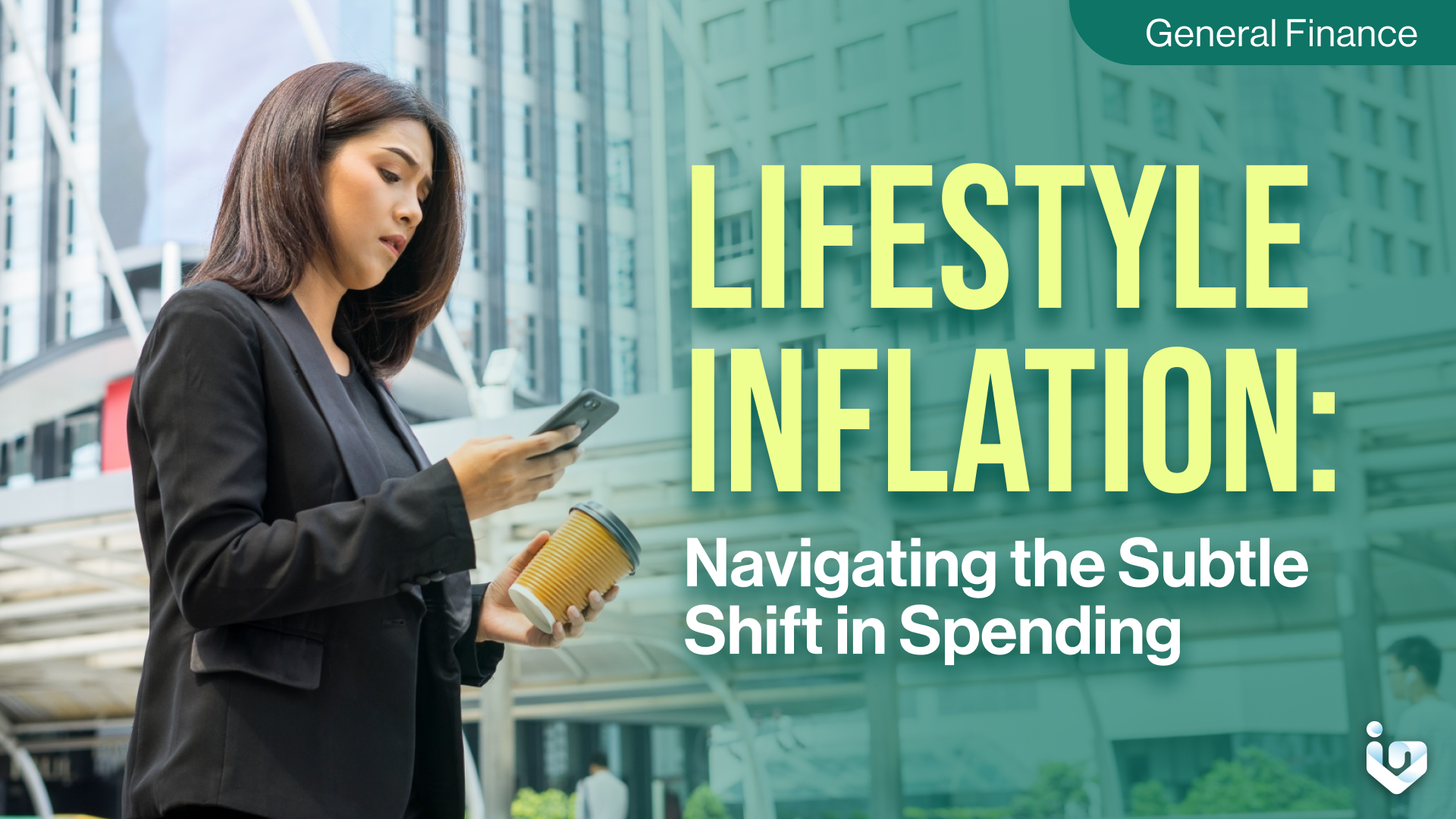The term ‘lifestyle inflation’ refers to the gradual increase in spending as one’s income rises. It is a phenomenon that often goes unnoticed until it becomes a significant financial burden. This article delves into the concept of lifestyle inflation, its implications, and strategies to manage it effectively.
Understanding Lifestyle Inflation
Lifestyle inflation typically occurs when individuals use their increase in discretionary income to upgrade their standard of living. While it is natural to want to enjoy the fruits of hard work, consistently elevating one’s lifestyle can lead to financial strain. It is essential to differentiate between necessary expenses and those driven by lifestyle choices.
The Impact on Financial Health
The primary concern with lifestyle inflation is its impact on long-term financial health. It can hinder the ability to save for retirement, create an emergency fund, or invest in wealth-building opportunities. Without conscious effort to control spending, individuals may find themselves in a precarious financial position despite higher earnings.
Strategies to Combat Lifestyle Inflation
1. Budgeting and Tracking Expenses
Creating a budget is a fundamental step in managing lifestyle inflation. It involves tracking expenses, categorizing them, and setting limits for each category. Sticking to a budget requires discipline but is crucial for financial stability.
2. Prioritizing Savings
One effective strategy is to prioritize savings by treating it as a non-negotiable expense. Automating savings can ensure that a portion of every paycheck is saved before it can be spent on lifestyle upgrades.
3. Setting Financial Goals
Establishing clear financial goals can provide motivation to resist lifestyle inflation. Whether it’s buying a home, starting a business, or traveling, having specific objectives can help focus spending on what truly matters.
4. Conscious Spending
Being mindful of spending decisions is vital. It involves questioning the necessity and long-term value of each purchase. Conscious spending encourages making choices that align with personal values and financial goals.
Conclusion
Lifestyle inflation is a subtle yet powerful force that can derail financial plans. Recognizing its presence is the first step towards taking control. By implementing strategies such as budgeting, prioritizing savings, setting financial goals, and practicing conscious spending, individuals can enjoy a comfortable lifestyle while securing their financial future. The key is to find a balance that allows for enjoyment without compromising financial well-being. Remember, the goal is not to deprive oneself but to build a life that is both fulfilling and financially sound.
